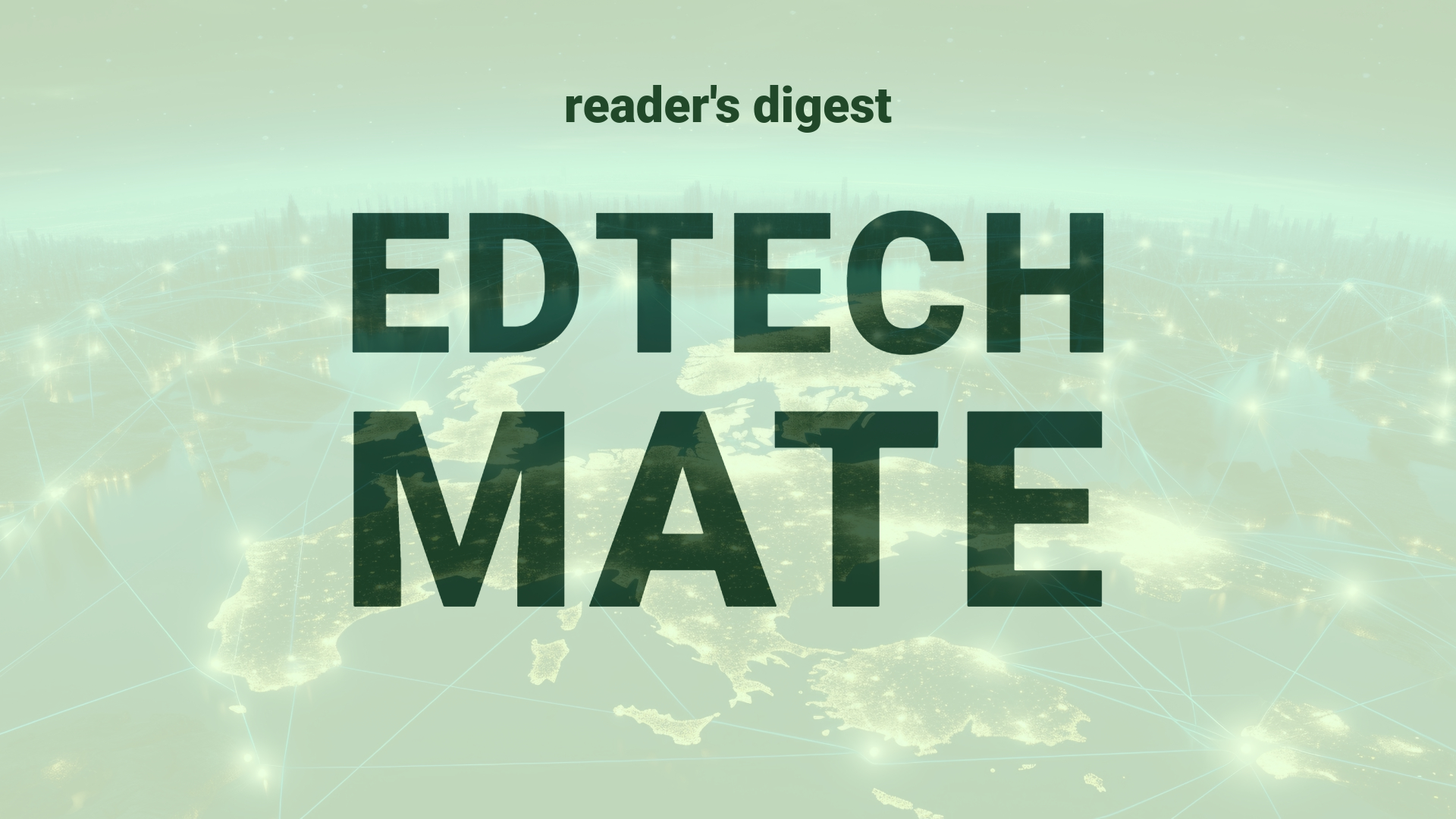Executive Summary and Main Points
Isaac Sacolick’s digital transformation insights have garnered substantial attention in the education technology sector. Celebrating his 1,000th blog post, Sacolick reflects on the longevity and relevance of his content throughout the years, which include pivotal topics such as Agile methodologies, DevOps standards, data governance, and the intersection of artificial intelligence with digital transformation. His contributions to the field are crystallized in two key publications, “Driving Digital” and “Digital Trailblazer,” as well as in a range of articles that explore the multifaceted aspects of innovation and leadership in the digital age. His work underscores the importance of strategic vision, Agile project management, and continuous adaptation in transformative practices.
Potential Impact in the Education Sector
The digital transformation strategies discussed by Isaac Sacolick have the potential to significantly impact the way Further Education, Higher Education, and Micro-credentials evolve. In particular, his insights can guide these institutions in adopting Agile principles to enhance course development, delivery, and administration. By embracing DevOps and AI-driven analytics, education providers can improve operational efficiency and student learning outcomes. Furthermore, strategic partnerships formed between academia and industry experts like Sacolick can pave the way for the integration of cutting-edge digital tools and the cultivation of a digitally adept workforce through focused micro-credentials.
Potential Applicability in the Education Sector
Applications of Sacolick’s digital transformation frameworks can revolutionize global educational systems. AI and machine learning could be employed to personalize learning experiences, optimize administrative tasks, and analyze educational outcomes to inform policy. Additionally, agile project management tools can facilitate collaboration among faculty and enable iterative improvements to curricula. By adopting strategies from Sacolick’s work, such as proactive data governance, institutions can safeguard student information while maximizing the utility of data for decision-making and research partnerships.
Criticism and Potential Shortfalls
While Sacolick’s methodologies are influential, it is important to consider potential criticisms and shortfalls. Prevalent issues include the scalability of DevOps in complex educational bureaucracies and the alignment of agile frameworks with traditional academic structures. International case studies reveal that varying cultural attitudes toward technology and education can impact the adoption and success of digital transformation initiatives. Furthermore, ethical concerns related to AI, such as bias in machine learning and data privacy, are critical considerations as these tools become more integrated into higher education processes.
Actionable Recommendations
To harness the potential of digital transformation in education, leadership should focus on aligning strategic objectives with technological advancements. This includes investing in professional development for educators in agile and DevOps methodologies, fostering a culture of continuous learning and innovation, and exploring partnerships for the development of micro-credentials that address skill gaps highlighting digital competencies. Additionally, institutions should implement robust data governance frameworks to ethically manage the wealth of data generated by digital educational tools, ensuring its responsible use for enhancing student learning and institutional effectiveness.
Source article: https://blogs.starcio.com/2023/12/best-starcio-digital-transformation.html

